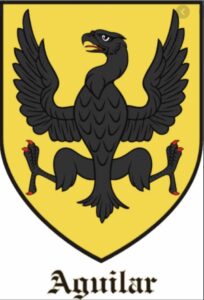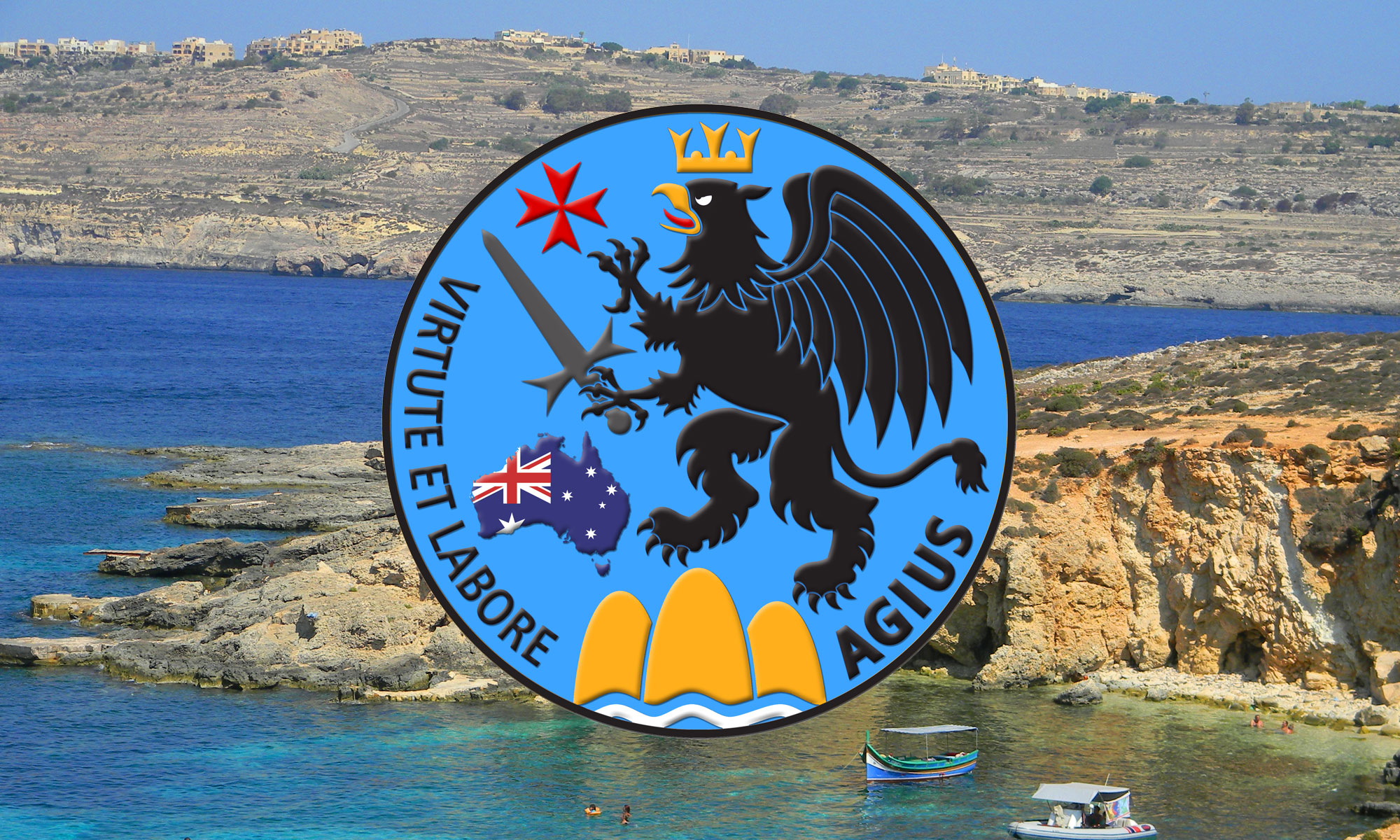The surname Agius (pronounced <Adjūz>in Maltese and <Ages> in English) has a few theories as to its origin.
Possible derivations; Hagg, Agg, Haggius, Agios
The name Agius was written in different ways like: HAGIUS, AGES, AGIOS, AIUS. This was because people around the Mediterranean, up to the Late Middle Ages spoke what was called Lingua Franca, a mixture of Latin, French, Italian, Spanish, Greek, Turkish and Arabic dialects. Countries were not unified as they are today. They were fragmented into small independent states, each with it’s own dialect, and the languages were still being developed. Spelling was at a time when very few could write. But now, to ensure the continuity of personal identity and fo for legal purposes, Maltese surnames are spelt according to the old rules of Italian spelling as they were recorded in testimonial deeds later on. (From my Uncle Carmel’s book)
Ancient Egyptian Language, -the far origin of the term Hagg or Hajj goes back to the ancient Egyptian word, HD‛ which means white, a color that was used to describe purity. It was also used to describe a smiling face, and a “white heart” which meant a happy or joyful heart. This word became ‘Agios’ in Greek, and Hajj in both standard and colloquial Arabic. It means the one who wears white, the pure or the holy, the sacred, or the saintly. It refers to someone who has been on pilgrimage to Mecca, ie., performed hagg (male) or hajj (female).
The Greek word Agios (classical Greek hagios and in Coptic, αγιος) means saint, and therefore ‘holy’ or “deserving of honour”. The female personal name ‘Agatha’, meaning ‘the learned one’, the original derivation being from the Greek ‘agathos’. The first known Agatha was martyred in Sicily in the 3rd century. The surname Agios thus could have been a nickname describing someone of high morals or who was very pious. (Editor’s speculation; Agius did not derive from Agios, instead, they both originated from the earlier Hagg or Agg.)
Arabic Laqab (nickname) Surnames Some surnames are obvious derivations of the laqab element of the Arabic personal nomenclature. These terms are often demeaning in a humourous way. In many cases reference is made to physical defects. In a similar vein one finds: AGIUS In Sicily (1169) meaning “the old man”, or “the old woman” or ‘son of the old woman’, and is actually the epithet applied by the Arabs to the biblical prophet Ezekiel; ‘adjūz means ‘old, overage, emaciated man’.
Roman naming convention; In Latin, most nomina were formed by adding an adjectival suffix, usually -ius, to the stem of an existing word or name. (Editor’s speculation; when an early member of the (H)Agg family became a member of the Roman Empire, they added the “ius” ending as was the custom.
Spanish: Spelling variations include: Aguilar, Aguilera, Aguiler, Aguiar, Aquilar and others. First found in Castile, predominant among the Christian kingdoms of medieval Spain.  (Editor’s note; corroboration can’t be found that “Aguilar” was derived from “Agius”.
(Editor’s note; corroboration can’t be found that “Aguilar” was derived from “Agius”.
It is interesting to note however that an eagle features in the Aguilar coat of arms and a Griffon (Eagle with a lion’s body) features in the Agius crest.)
Editor’s observations: The Greek version Agios <ahg-e-ous> employs the hard “g” as in “Agatha” whereas the Arabic version Hagg employs the soft “g” as in “juice”. Modern Maltese pronounce Agius as <ah-juice> or <ah-juz> which leans toward the Arabic heritage.
